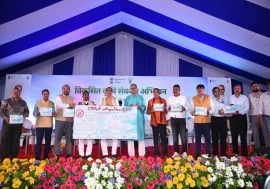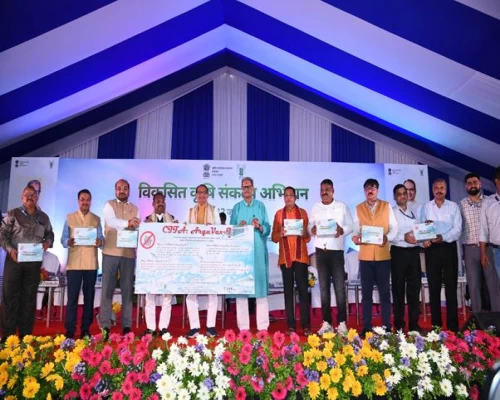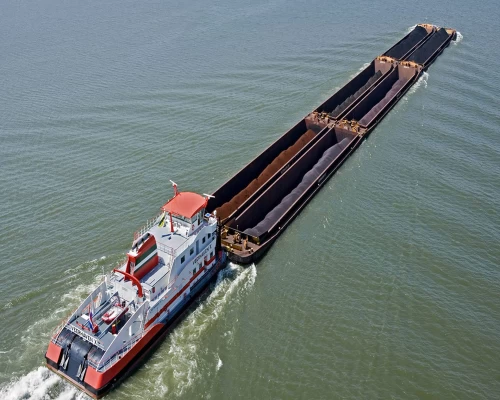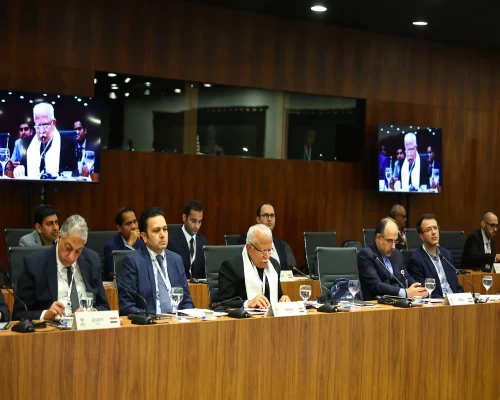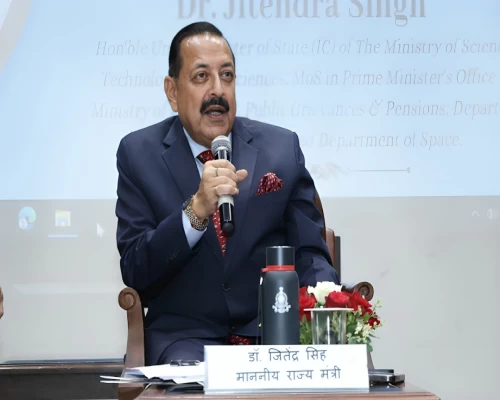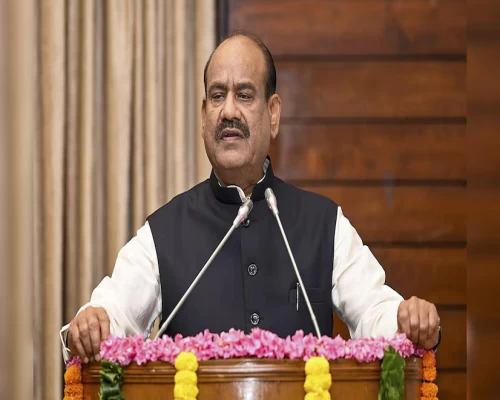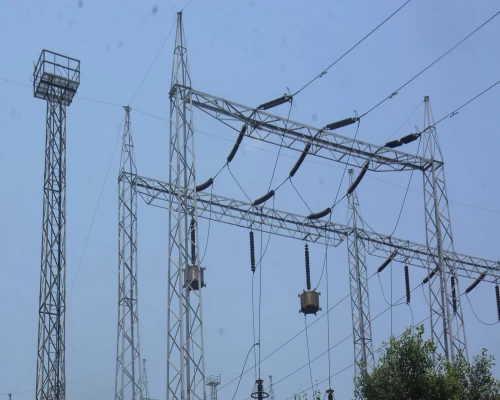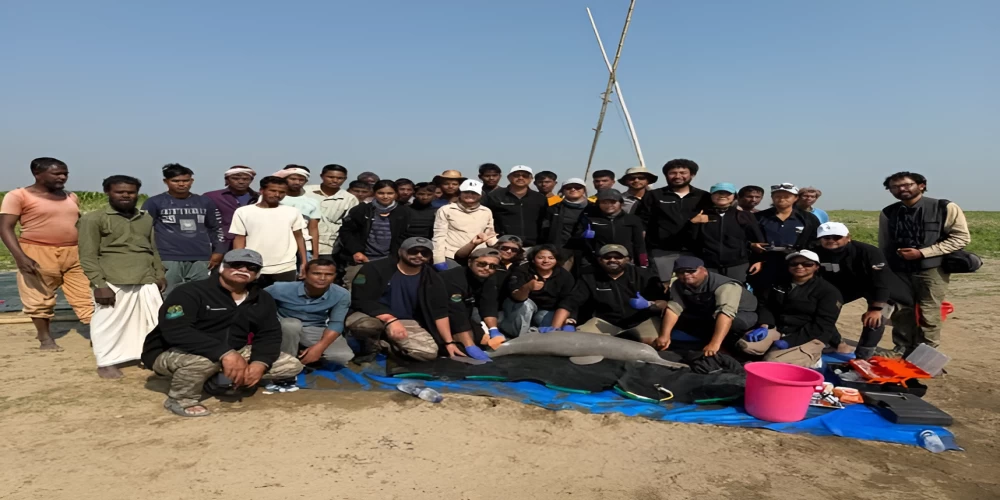
Guwahati: India has made a significant breakthrough in wildlife conservation by successfully tagging a Ganges River Dolphin (Platanista gangetica) for the first time. This pioneering initiative, conducted in Assam, was led by the Ministry of Environment, Forest and Climate Change (MoEFCC) in collaboration with the Wildlife Institute of India (WII), the Assam Forest Department, and Aaranyak, with financial support from the National CAMPA Authority.
This marks the first-ever tagging of the species globally and represents a crucial step forward under Project Dolphin, a conservation initiative championed by Prime Minister Narendra Modi. The tagging of a healthy male dolphin, carried out with meticulous veterinary care, will provide vital data on the species' habitat use, migratory behaviour, and range, especially in fragmented or disturbed river systems.
Union Environment Minister Bhupender Yadav shared the achievement on social media, calling it a historic milestone for India’s National Aquatic Animal. He highlighted the collaborative effort of the MoEFCC, National CAMPA Authority, WII, Assam Forest Department, and Aaranyak in advancing this important research.
The Ganges River Dolphin, nearly blind and reliant on echolocation, is an apex predator and an umbrella species crucial for the health of river ecosystems. While about 90% of the population is found in India, primarily in the Ganga-Brahmaputra-Meghna and Karnaphuli river systems, its range and numbers have drastically declined over the past century. The elusive nature of the species, which surfaces for only 5 to 30 seconds at a time, has historically posed challenges for researchers.
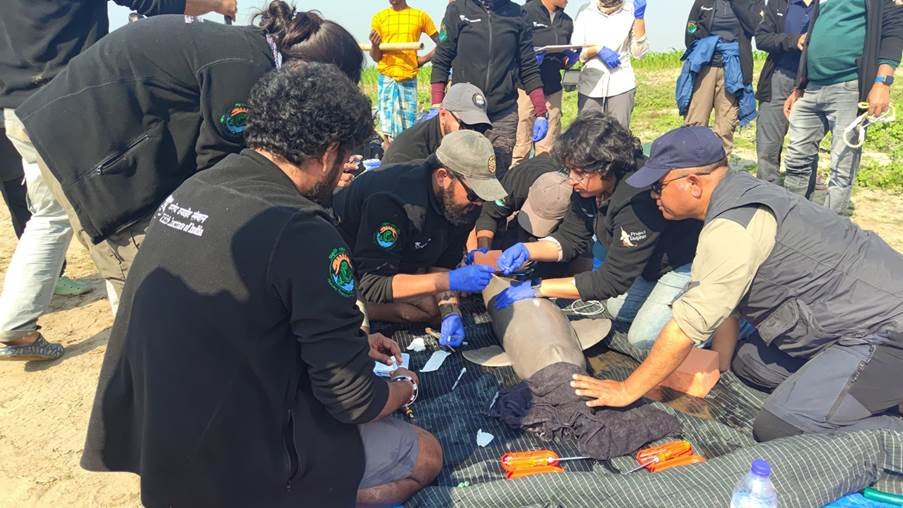
Project Dolphin aims to address these knowledge gaps through comprehensive research funded by the National CAMPA Authority. The data collected will guide conservation strategies to protect critical habitats and ensure the well-being of the dolphin population, which plays a vital role in maintaining the balance of river ecosystems and supporting communities dependent on these water resources.
Advances in tagging technology, such as lightweight devices compatible with Argos satellite systems, have made this endeavour possible. These tags are designed to emit signals even during the species’ brief surfacing intervals while minimising interference with natural behaviour. Plans are already in place to expand the initiative to other states where the Ganges River Dolphin is found, creating a broader understanding of the species' population and ecological needs.
WII Director Virendra R. Tiwari emphasised the importance of evidence-based conservation strategies made possible by this initiative. Project investigator Vishnupriya Kolipakam highlighted the long-term benefits of the project, including the conservation of aquatic biodiversity and the sustenance of river-dependent communities.
BI Bureau


